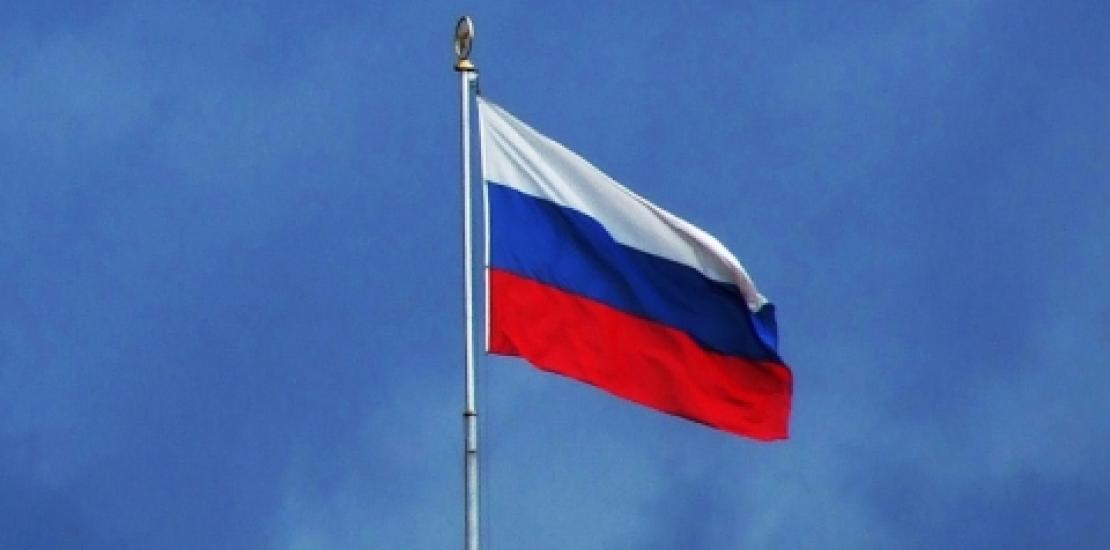Russia will not be able to raise its flag
The flag symbolises the essence of a country, and the sanction Russia received for the very serious actions of its anti-doping authorities will prevent Russian athletes from competing in the next four years, including the Tokyo 2020 Olympic and Paralympic Games, the Beijing 2022 Winter Olympic Games and the Qatar 2022 World Cup.
Following the recommendations of the Review Committee, the World Anti-Doping Agency (WADA) took this decision in a detailed final report that explains in detail the transgressions that took place in the Russian Anti-Doping Agency.
In September 2018, sanctions on the Russian Anti-Doping Agency were lifted on the condition that the Agency and the Russian Ministry of Sports provided WADA with authentic analytical data and urine samples stored in the Moscow laboratory.
The intention was to give Russia the opportunity to demonstrate its commitment to the fight against doping, to address the denunciation of a systematic conspiracy of doping in Russian sport, to allow cheating athletes to be punished and to dispel suspicions about innocent athletes.
It is very important to remember that this scandal first arouse in December 2014 and its investigation reported in the McLaren Report led to the first sanction for Russia with the impossibility of competing in the Rio Olympics and the closure of the doping control laboratory in Moscow, among other sanctions.
So what has this opportunity been used for? Unfortunately, according to the report that led to the sanction, Russia, instead of cleaning its doping control system, violated the computer system for handling doping data by falsifying or deleting doping control data concerning hundreds of Russian athletes. Russian doping authorities lied again despite being warned that they were under investigation.
This sanction entails a ban on the participation of Russian executives and athletes in official bodies and in important competitions. Russia will not be able to organise international competitions either and any planned competitions will be withdrawn and it will not be possible to raise the Russian flag at any major event. All this for four years.
Russian athletes will only be allowed to compete if they can prove that they are not involved in any way in any form of doping and under a neutral flag.
The World Anti-Doping Code seeks to protect the intrinsic value of sport which is the so-called “sporting spirit”, the essence of fair play, and aims to preserve the fundamental right of the athlete to participate in doping-free sport.
This is the harshest sanction applied in the world of sport and it was essential if the principle of ethics, honesty and doping cleaning and the credibility of the doping control system were to be preserved.
Complying with these principles is what gives the right to raise the flag.
Dr. Pedro Manonelles
International Chair of Sports Medicine of UCAM
President of the Spanish Society of Sports Medicine




